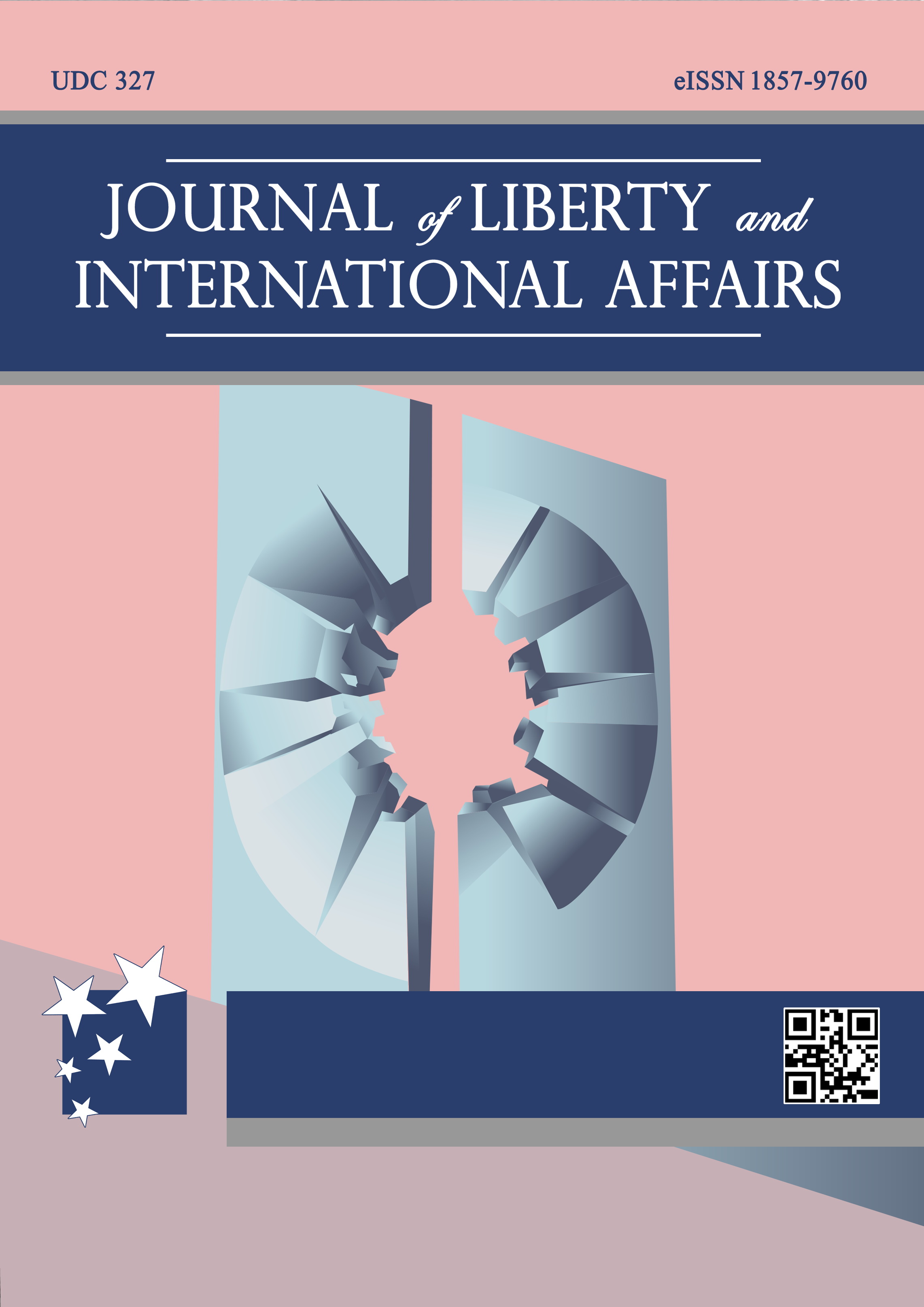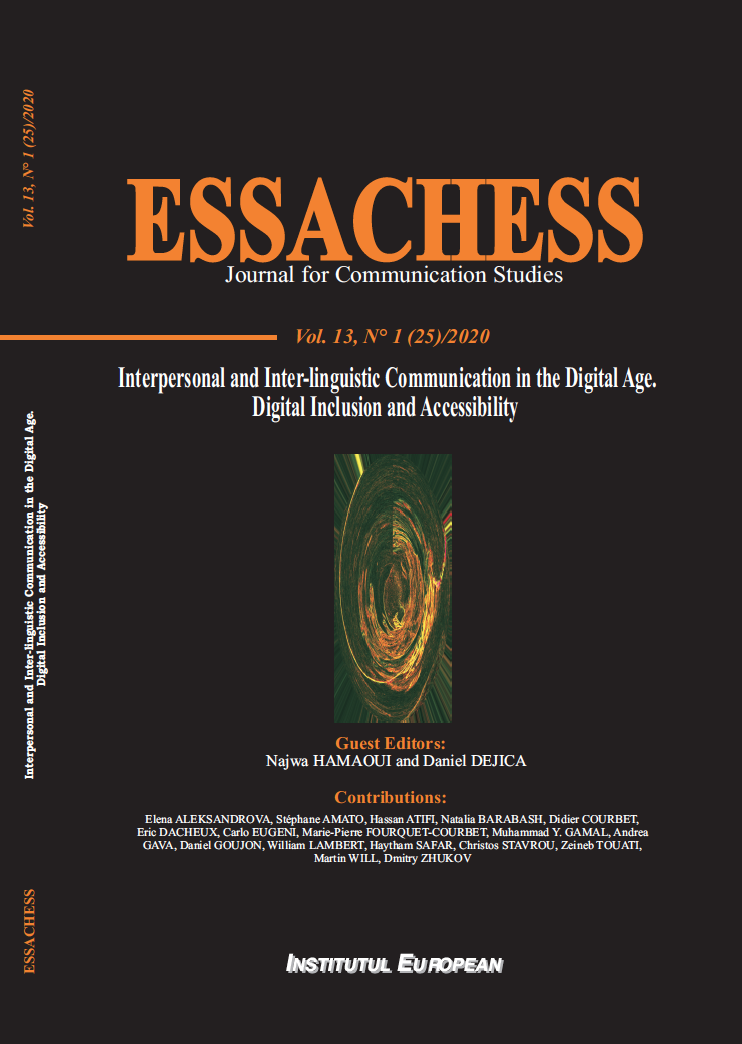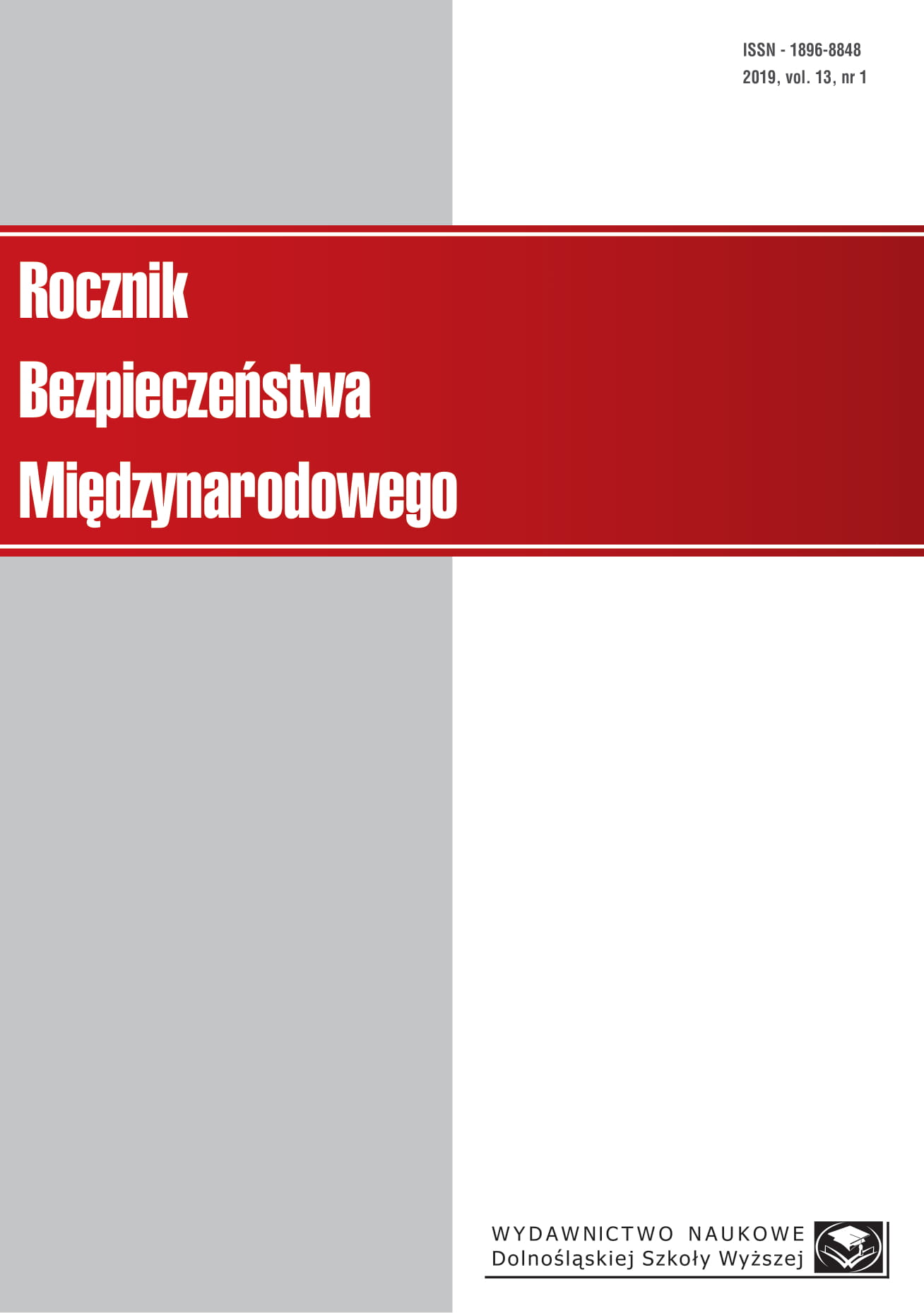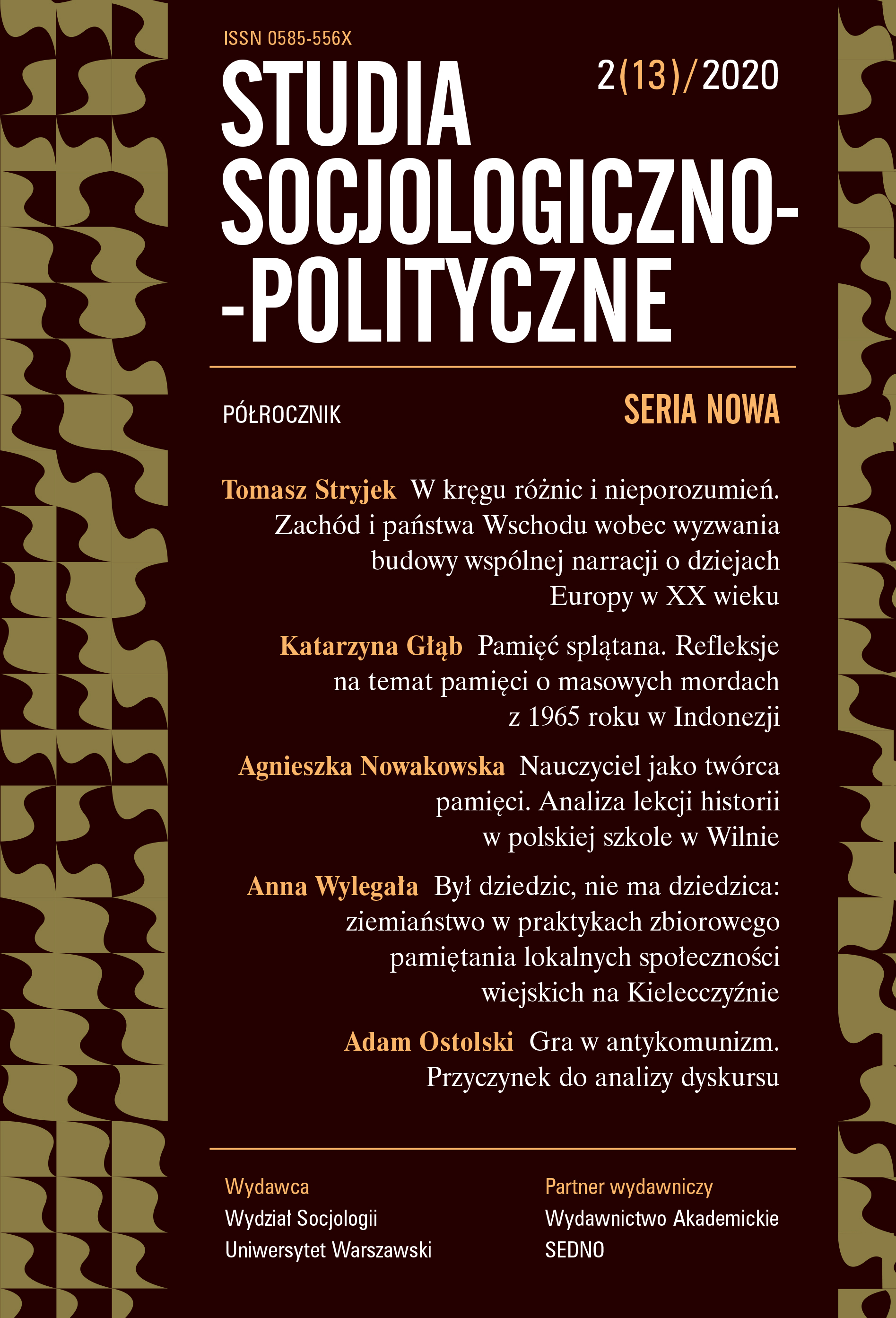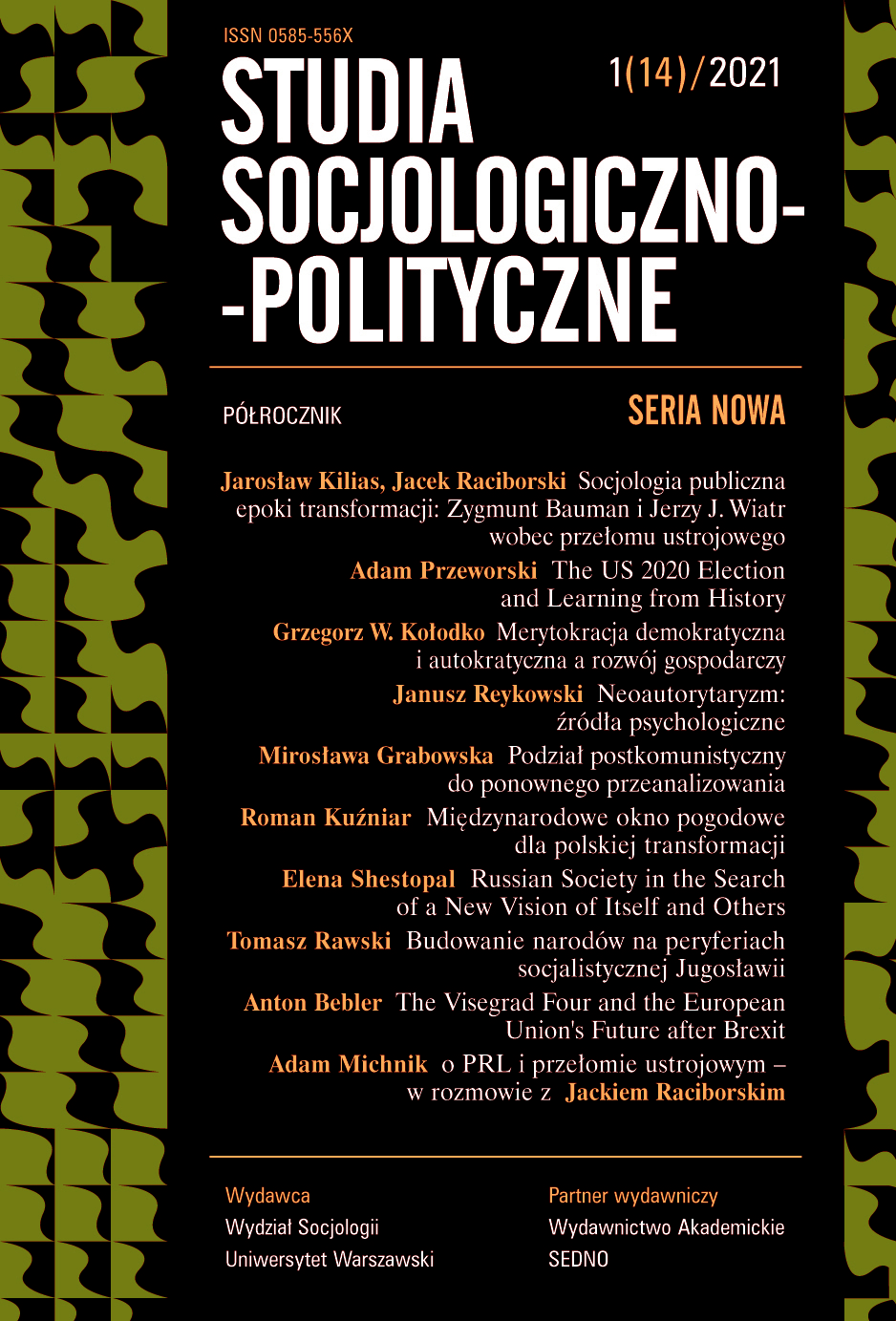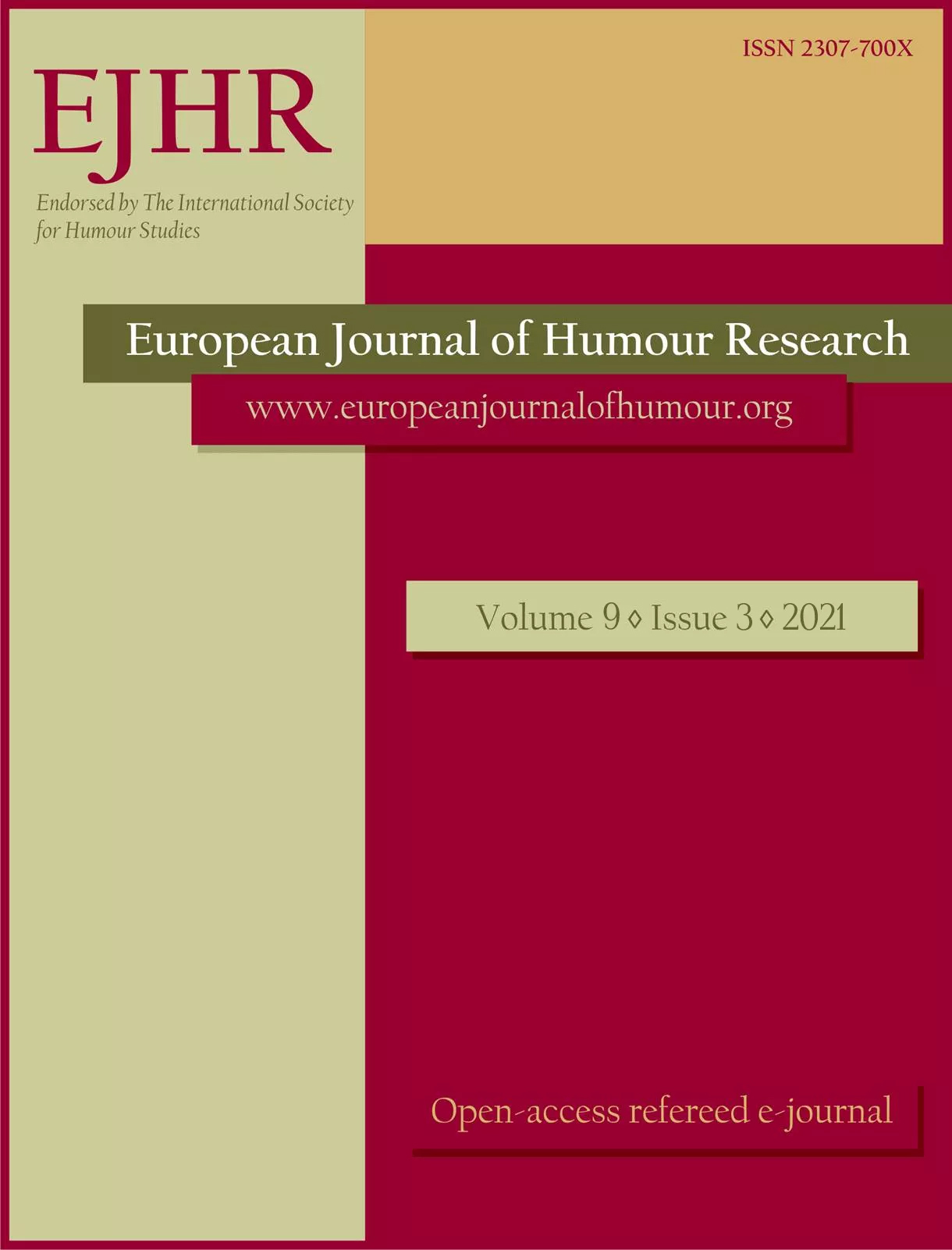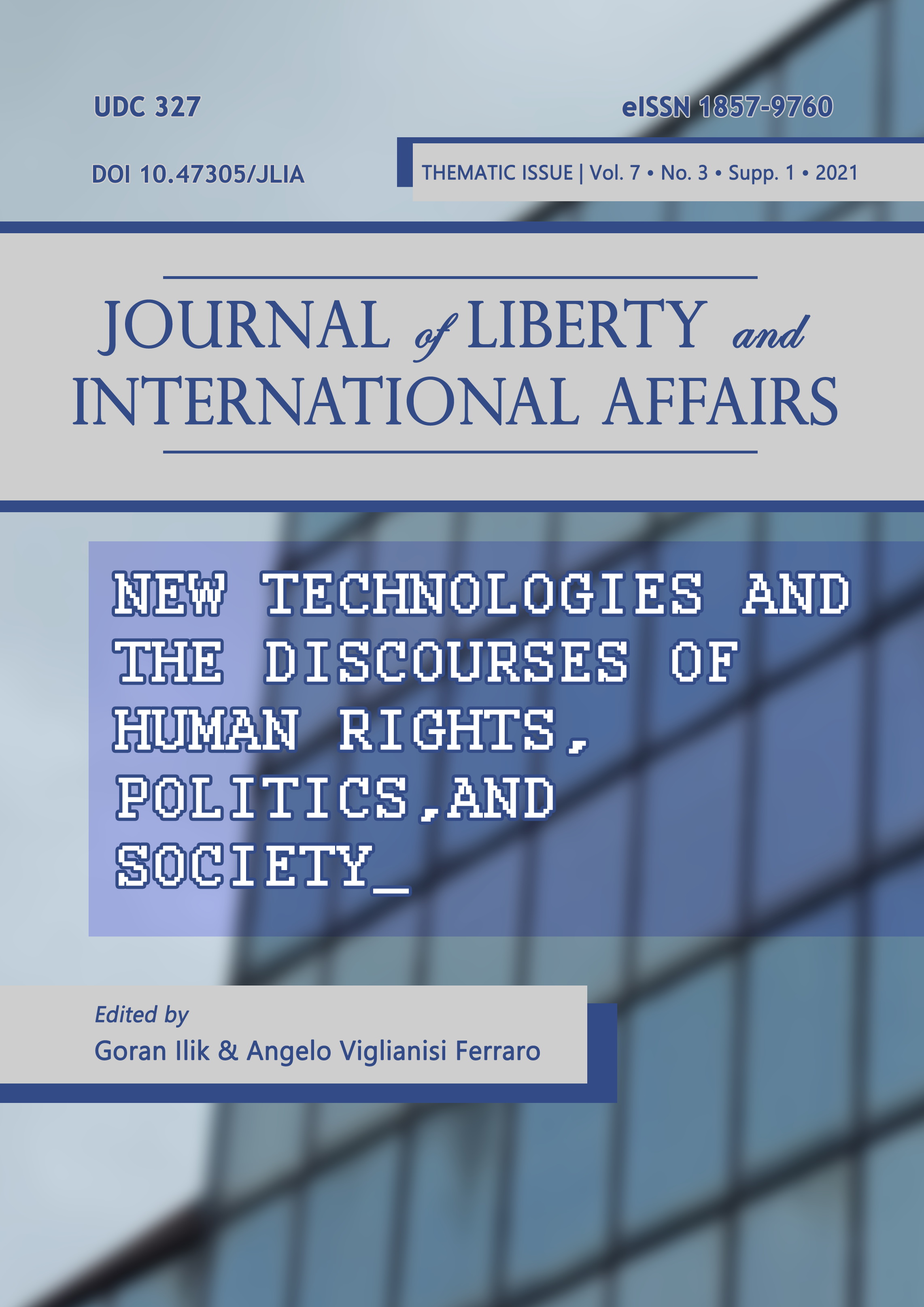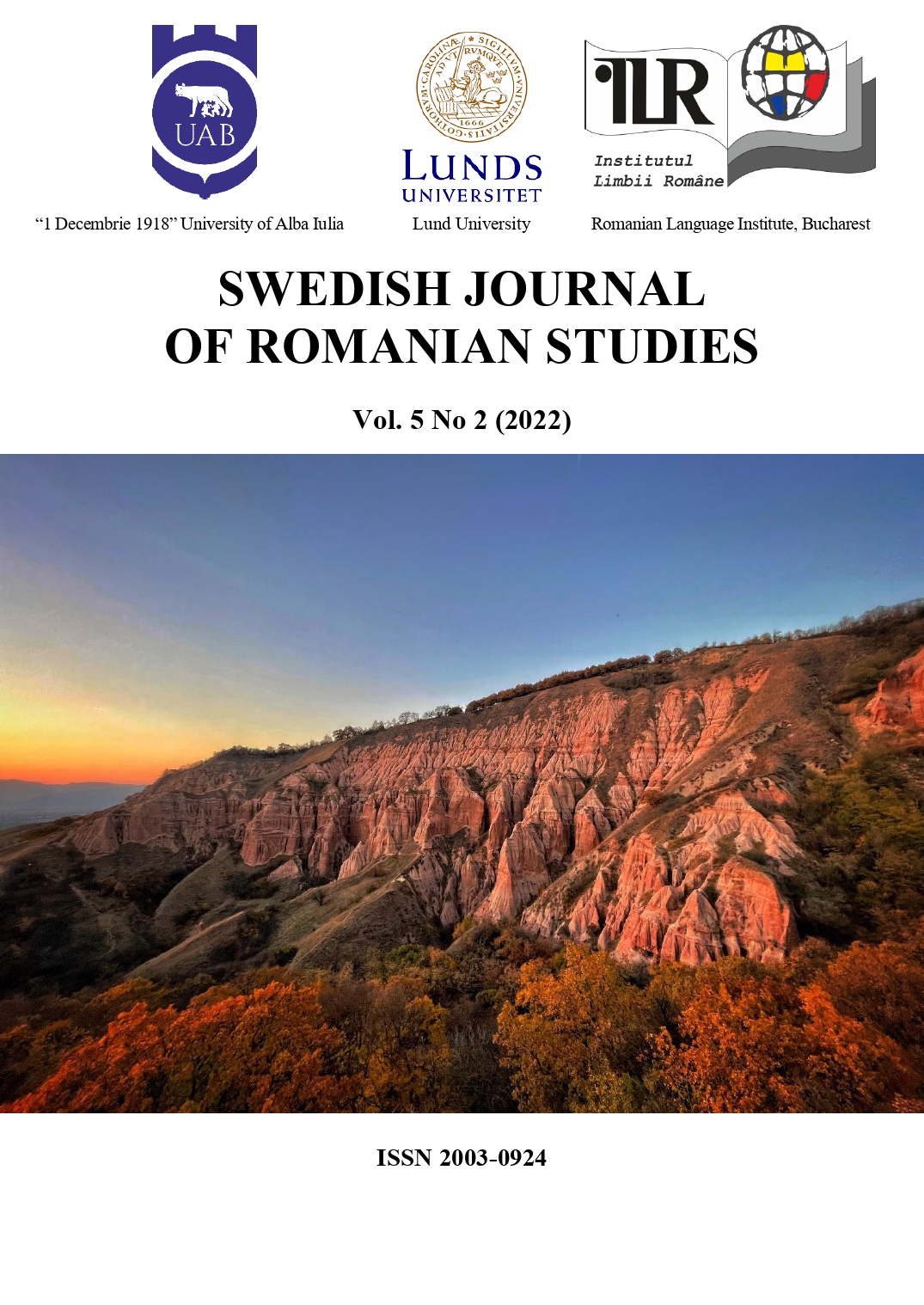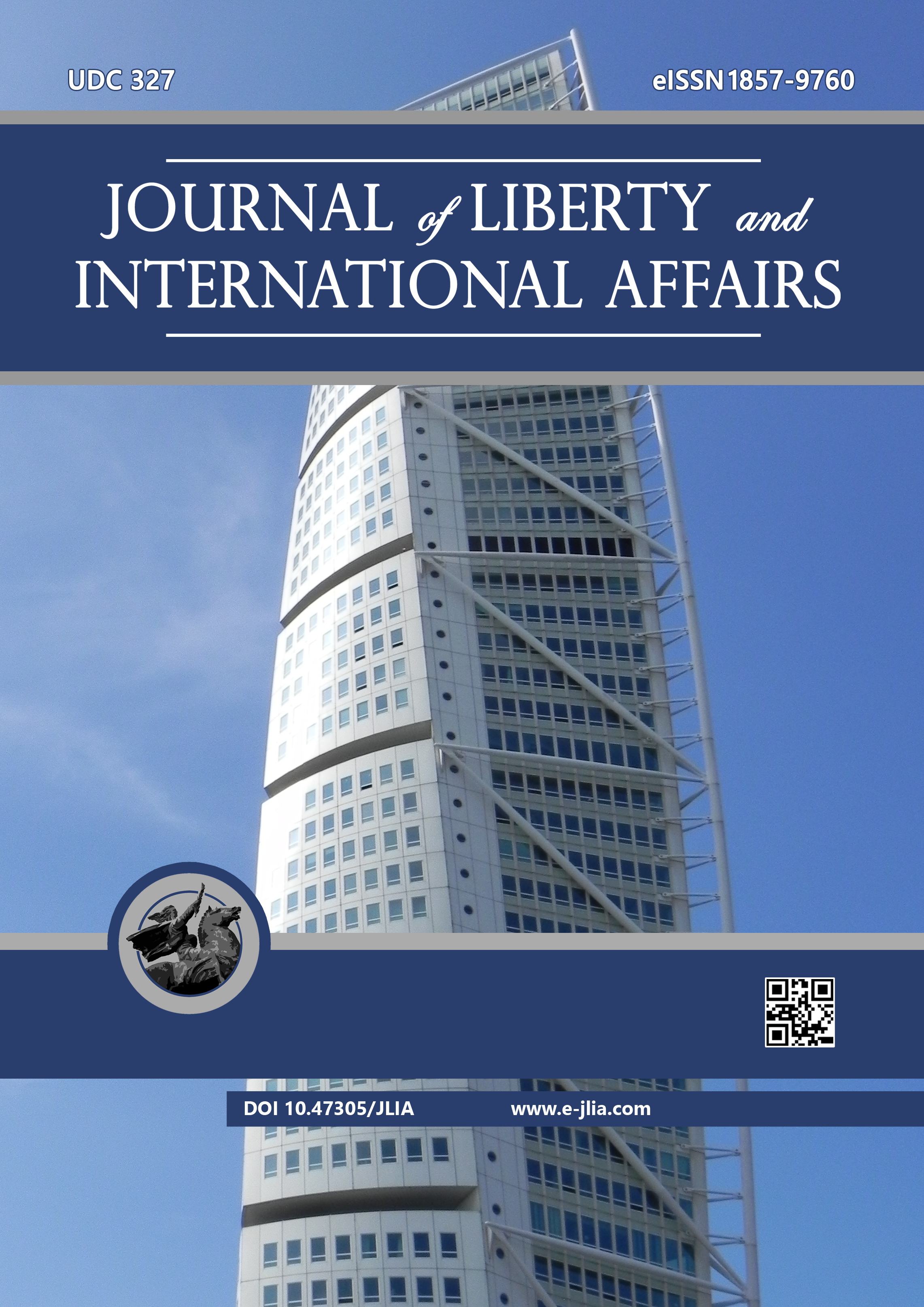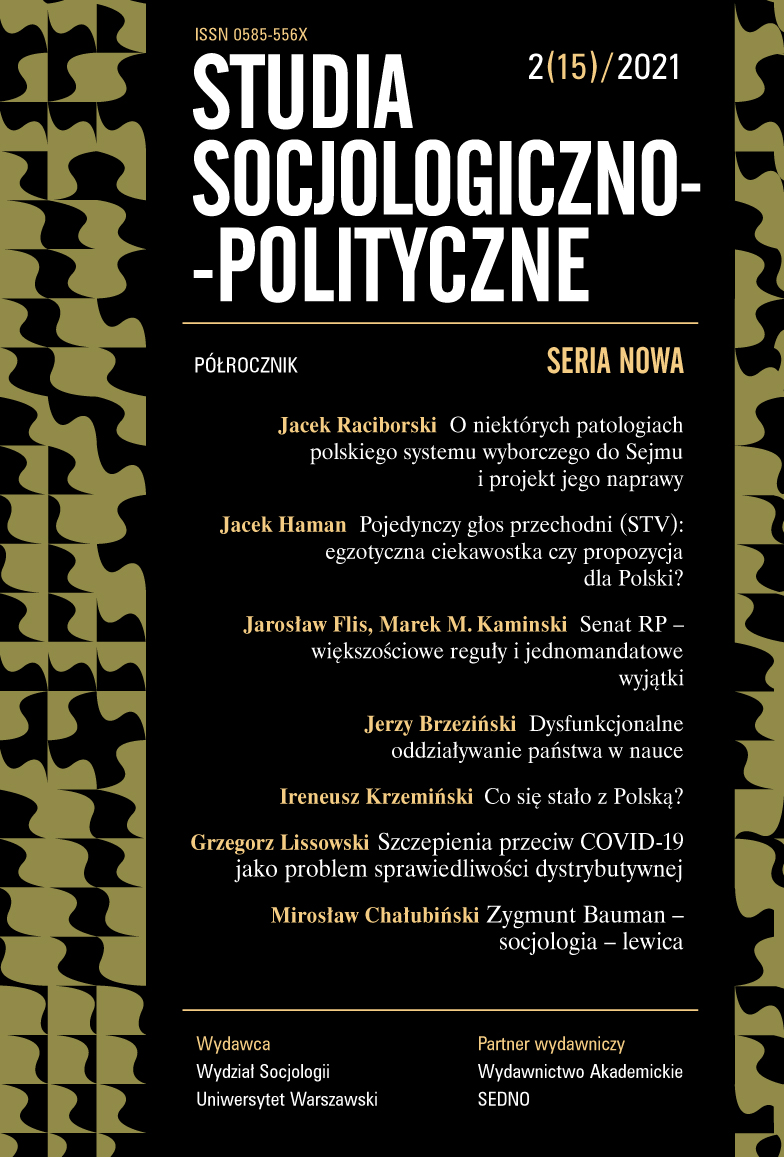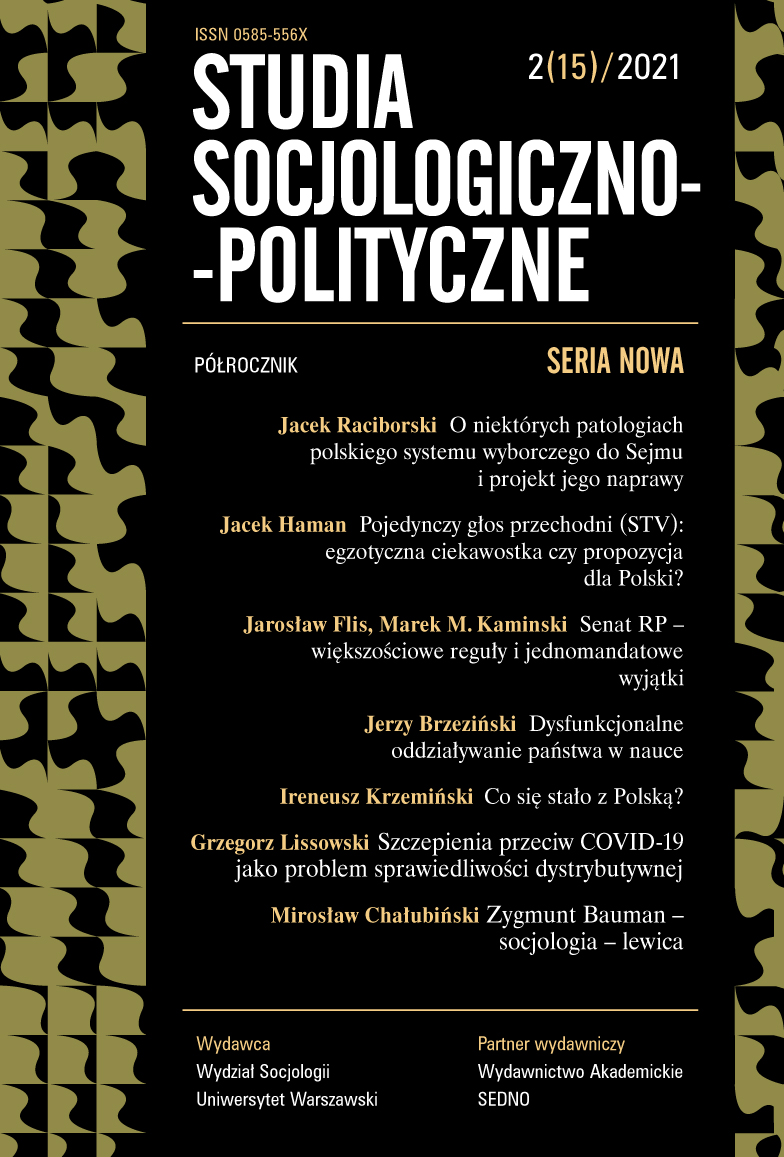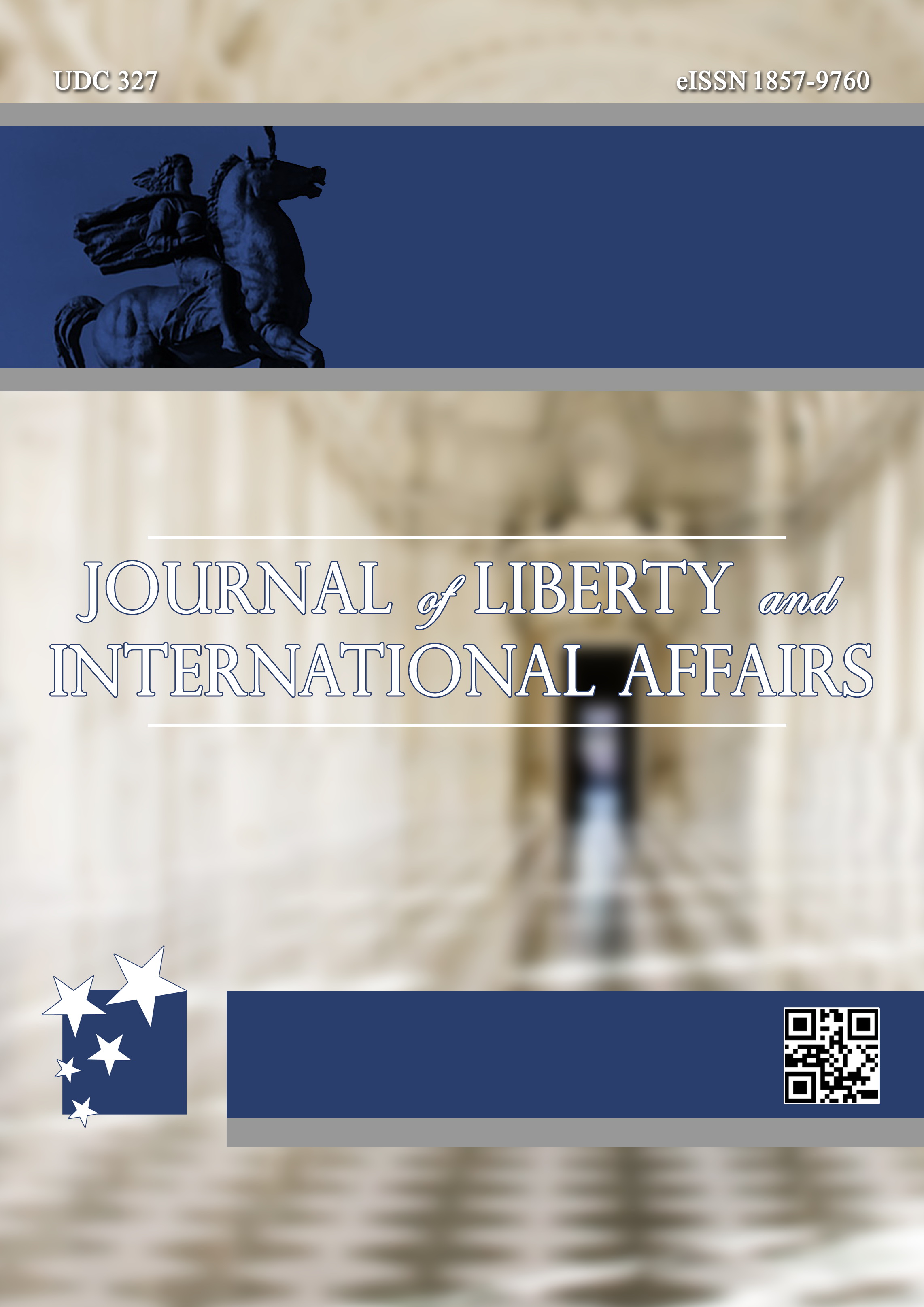
THE ETHNIC CONFLICTS AND MASS MEDIA
The media have played and continue to play a significant role in many ethnic conflicts and wars that ever took place in history and through its reportage humankind has become informed and aware about ethnic-conflict on the globe through various forms. Irrespective of the increase in knowledge, media has negatively impacted the ethnic conflict by several escalations that took place because of the manner information that was provided. This study investigates what these negative impacts are by examining literature and sorting them to consider media location, outlets and presentation impact of media. An overlapping discovered has gingered the reclassification of the impact of media in the face of dilemmas. They are Psychoanalysis propaganda and profiteering, freedom and ethics, distortion of reality and public safety. The media tries to balance in order to choose the lesser consequential path to survive. However, they have all steered to an escalation of ethnic conflicts.
More...
